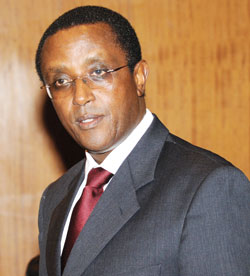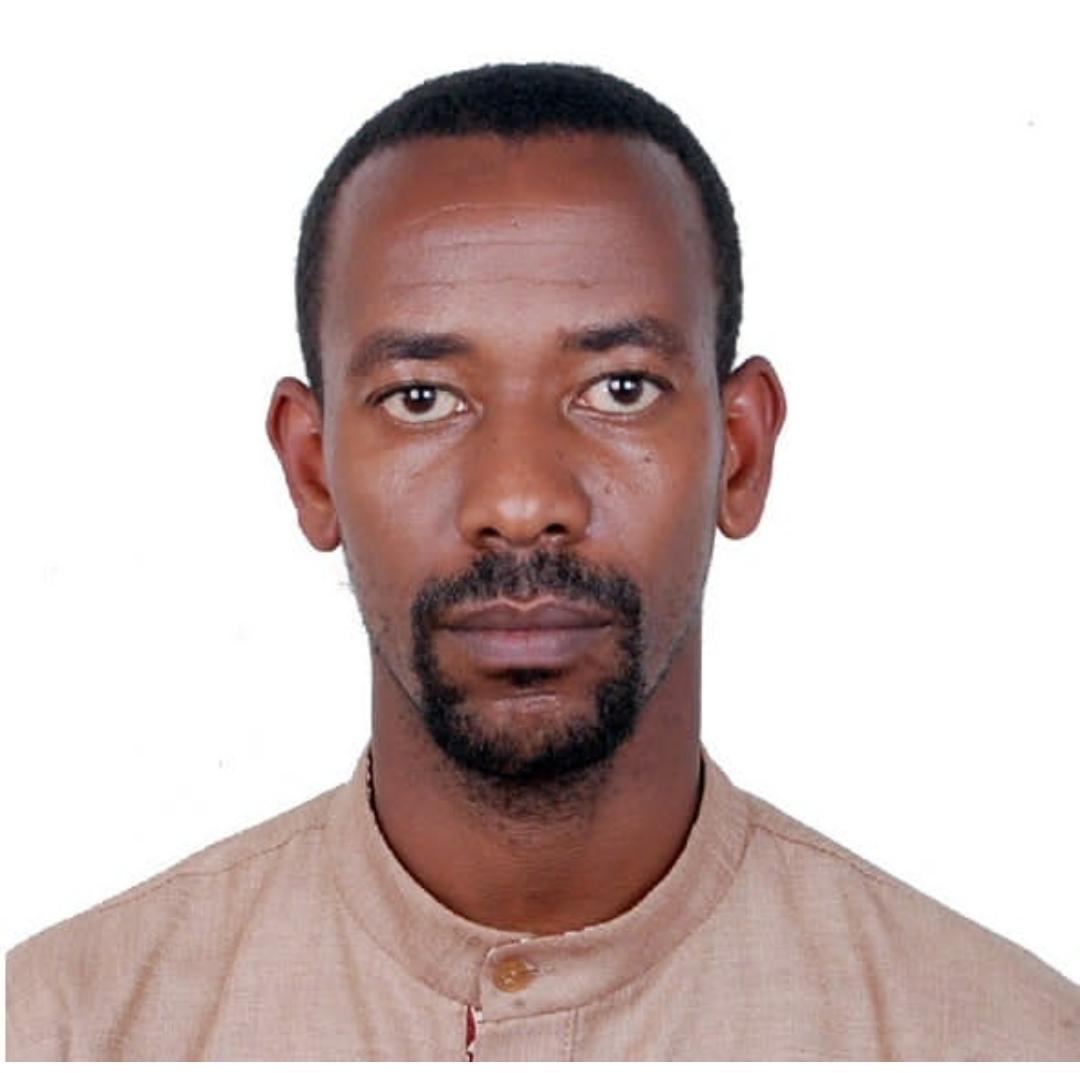As the Senate approaches its closure, the Senate President, Dr. Vincent Biruta, has said that a recently commissioned senatorial report recommended that government comes up with more concrete strategies and policies to help vulnerable groups. In an exclusive interview with The New Times, Senate president Dr. Vincent Biruta said that the findings of the study dubbed ‘social justice and the welfare of the population’ will be released later this month.


As the Senate approaches its closure, the Senate President, Dr. Vincent Biruta, has said that a recently commissioned senatorial report recommended that government comes up with more concrete strategies and policies to help vulnerable groups.
In an exclusive interview with The New Times, Senate president Dr. Vincent Biruta said that the findings of the study dubbed ‘social justice and the welfare of the population’ will be released later this month.
According to Biruta, the study mainly aimed at understanding how Rwandans perceive the fundamental principles enshrined in Article 9 of the constitution.
The fundamental principles include; fighting the genocide ideology and all its manifestations, eradication of ethnic, regional and other divisions and promotion of national unity and equitable sharing of power.
Others are building a state governed by the rule of law, a pluralistic democratic government and equality of all Rwandans and between women and men reflected by ensuring that women are granted at least thirty per cent of posts in decision making organs.
The article also highlights building a state committed to promoting social welfare and establishing appropriate mechanisms for ensuring social justice the constant quest for solutions through dialogue and consensus.
"So far we have realised that the population appreciates what has been done in terms of social justice and their welfare. However, we have established that the government needs to do more for some categories of the people like orphans, widows, disabled people and the elderly,” Biruta said.
He added that; "These categories necessitate affirmative action to ensure that they are not left behind, but generally, the population is appreciating what is done by the government in terms of social justice and their welfare.”
"Part of what the research findings indicate is that people want to have access to fair justice and we realised that there are still areas the government should improve like access to justice and employment.”
Meanwhile, the mandate of the first senate is expected to end this month and according to Biruta, a lot has been achieved.
"Our biggest challenge was putting in place a quality institution, understand its missions and organise it. This is why we had to conduct several preparatory meetings at the beginning. We succeeded and delivered on time,” he said.
He added that; "I am very happy with the contribution of the senate but I would wish for an outsider to rate the senate. But what I can say is that, after these eight years, I am very happy with the contribution we have made in policy formulation and review.
Details of the interview can be found on the Q&A section on page 14-15.
Ends


